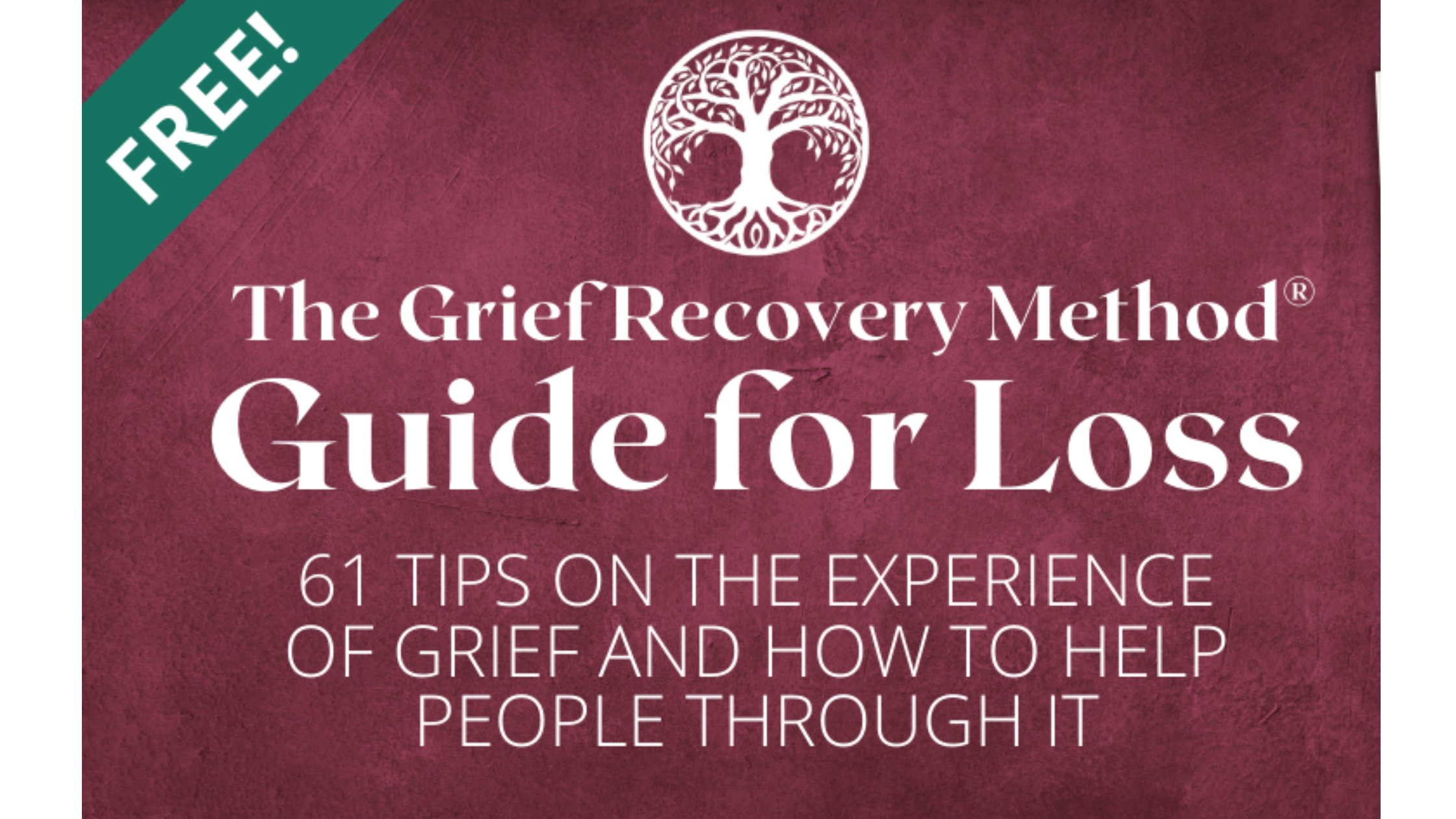Anxiety Attack Symptoms
Anxiety attack symptoms, (also known as panic attacks), are a sudden, intense experience of fear, apprehension or terror that seems to come out of nowhere. Other symptoms include:
- heart palpitations
- accelerated heart rate
- hyperventilation
- sweats
- chest tightness or pain
- nausea
- dizziness
- sense of impending doom
- an urge to escape
In many situations, panic attacks can be like the body reacting to an emotional trigger, before the mind registers the underlying emotions.
Help for Anxiety Attacks
Many people having a panic attack worry that they are having a heart attack. It is important to have a thorough physical exam by a health professional to rule out heart attack symptoms or other heath problems.
Anxiety symptoms may also be the result of a medication you are taking. Be sure to talk to your doctor before discontinuing any medication.
Your health professional may recommend anti-anxiety medications to help alleviate anxiety attack symptoms.
Working with a counselor can help to address root causes of anxiety and panic attacks. You and your counselor can discuss the situations where you have had panic attacks, looking for triggers that may have an emotional component. Your counselor can also teach you relaxation techniques so you have some specific steps to take to regain control during and after a panic attack.
Anxiety symptoms can be rooted in a variety of emotions that may be just under the surface. These may include guilt, anger, fear or any number of other feelings that are difficult to express directly. By exploring these emotions, you may be able to reduce or eliminate anxiety attack symptoms.
For example, you may experience an anxiety attack while shopping when you see a former spouse or romantic partner. Underneath the anxiety may be anger and resentment that you still carry toward someone who hurt you. There are likely things you wish you could tell that person, but don't know how to. A counselor can help you process these unresolved feelings about the other person.
